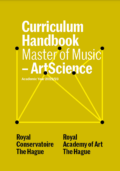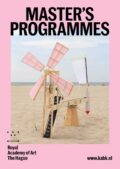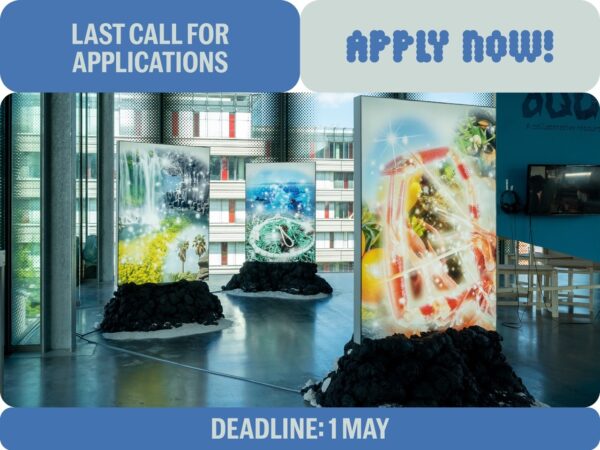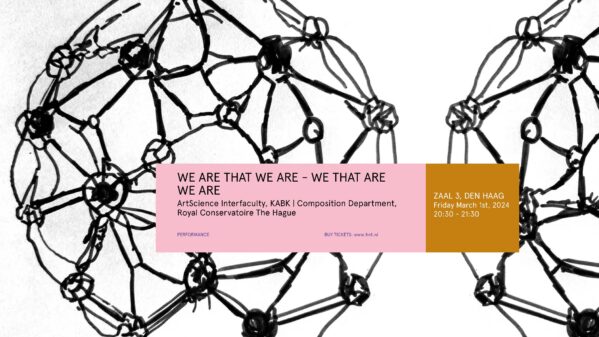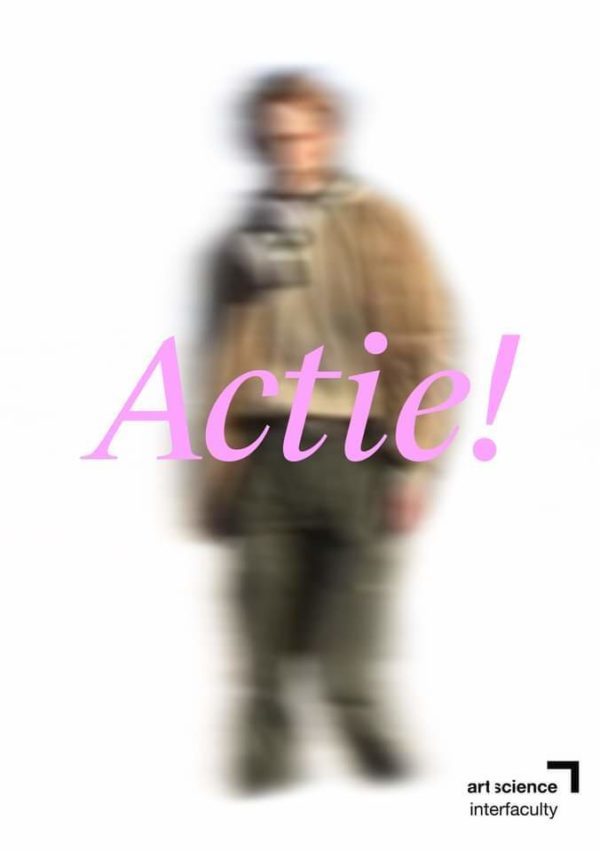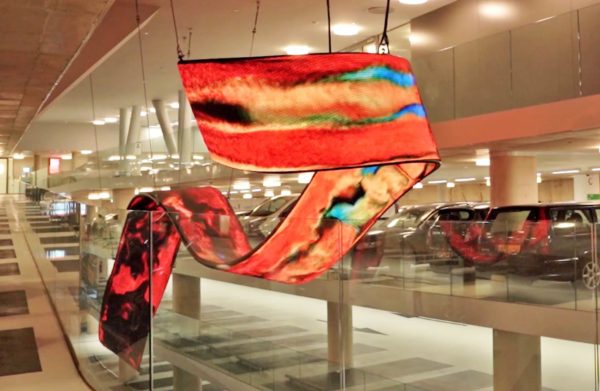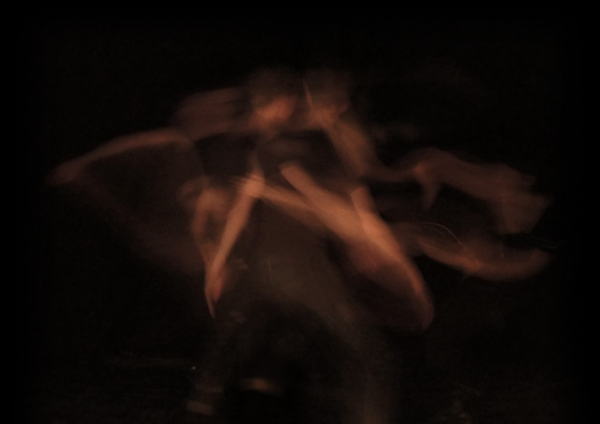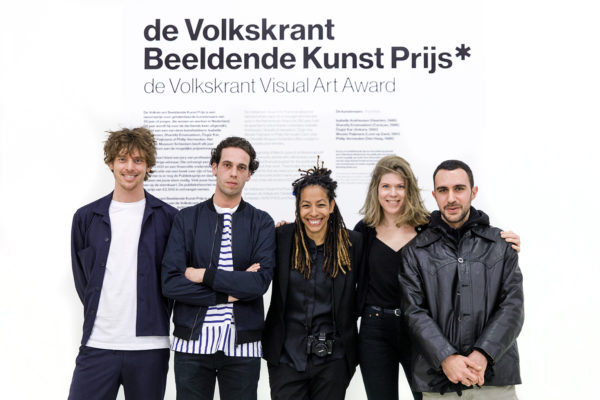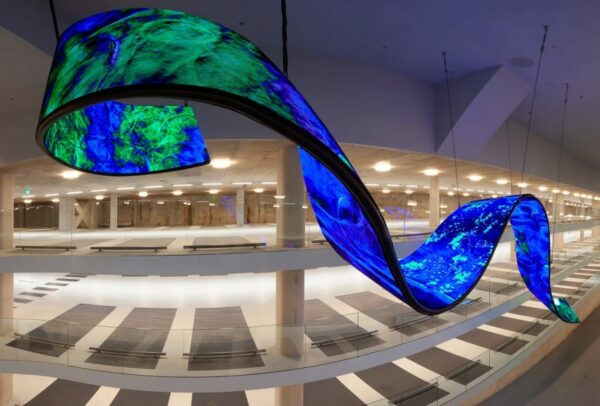Structure of the programme
The Academic Year at the Interfaculty is organised in two semesters or 4 blocks, categorised as ‘Input’ or ‘Output’. During the programme students choose from a range of courses offered by the department plus courses offered by other programmes within the university or elsewhere. In addition, a lot of time is reserved to develop their individual projects under supervision.
In the first half of each semester (block 1 and 3, ‘Input’) courses in a workshop format of one- or two-weeks duration are taking place. In the second half of each semester (block 2 and 4, ‘Output’) weekly classes that continue throughout one block are taking place, which gives the students space to concentrate on their individual projects. The courses in ArtScience are usually accessible to students from all (bachelor and master) years, although some exceptions apply.
Most courses are ‘totally dedicated’: they run continuously, all day, for a whole number of weeks (except for Wednesdays).
Other courses are weekly throughout the semester, block or the whole year. These are offered mostly on Tuesdays, Wednesdays and Thursdays. Some of these are offered in collaboration with other departments of the Royal Conservatoire and the Royal Academy of Art.
Twice a year (two weeks after the Autumn Break and two weeks after the Spring Break) the Interfaculty organises Exchange Weeks together with the Sonology and Composition departments of the Royal Conservatoire.
All three departments offer one-week courses to their respective students. The first semester concludes with individual presentations of the students, showing and reflecting upon their individual project plans.
Half-way through the semester students will show the progress in their research in short presentations. The semester is closed with general presentations of their individual projects. The graduation years (B4 and M2) organise a preview exhibition half-way the second semester (combined with preview exams). The final presentations take place at the end of the second semester of the second year.
Apart from the offered courses and abilities to extend knowledge from other departments and institutions in art, science and humanities, studies at ArtScience rely on individual and collective exploration. The study programme supports this in a number of ways. Central is the personal coach every ArtScience student consults.
With the coach, a student plans their individual study plan, research, individual projects, choice of internal and external courses and everything else concerning artistic and professional progress. Above that, there are other means of interaction to guide students in their individual development:
- Presentations, where students show their progress in individual work by presenting their etudes, prototypes and sketches (semester 1 and midterm presentations) and final work of the year (semester 2).
- Master Meetings: students present and discuss their research progress intensively.
- Preview show: during the graduation year, bachelor and master students organise their own Preview Show in the second semester, from funding to location, from general curational theme to public relations — being their final test before graduation.
- Thesis Boost: for the thesis, graduating students are offered a ‘Thesis Boost’ on several occasions throughout their final study year. Individual guidance is provided by a dedicated thesis coach and their personal coach.
Interested in applying? Read the entry requirements; Check the deadlines; Prepare your portfolio & documents
